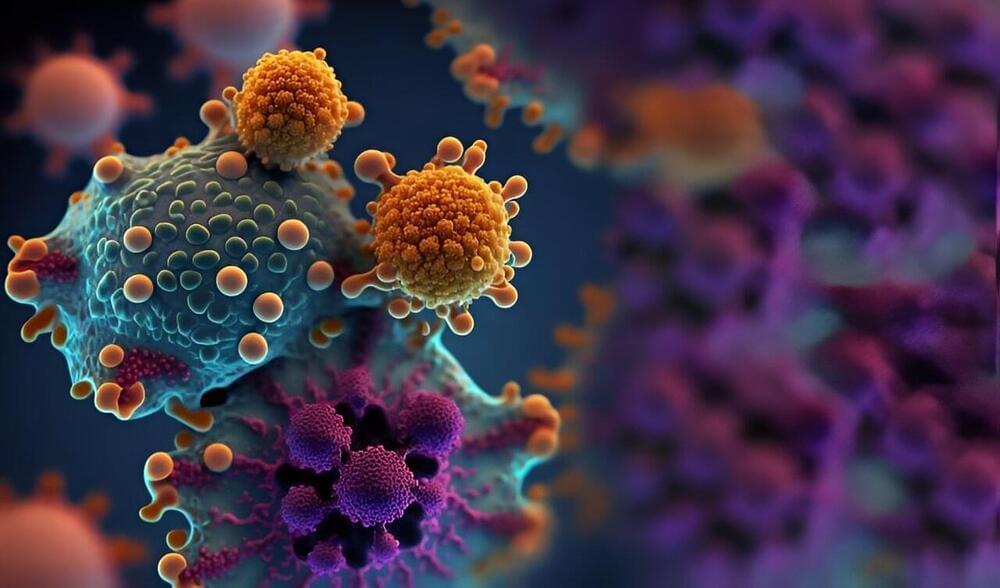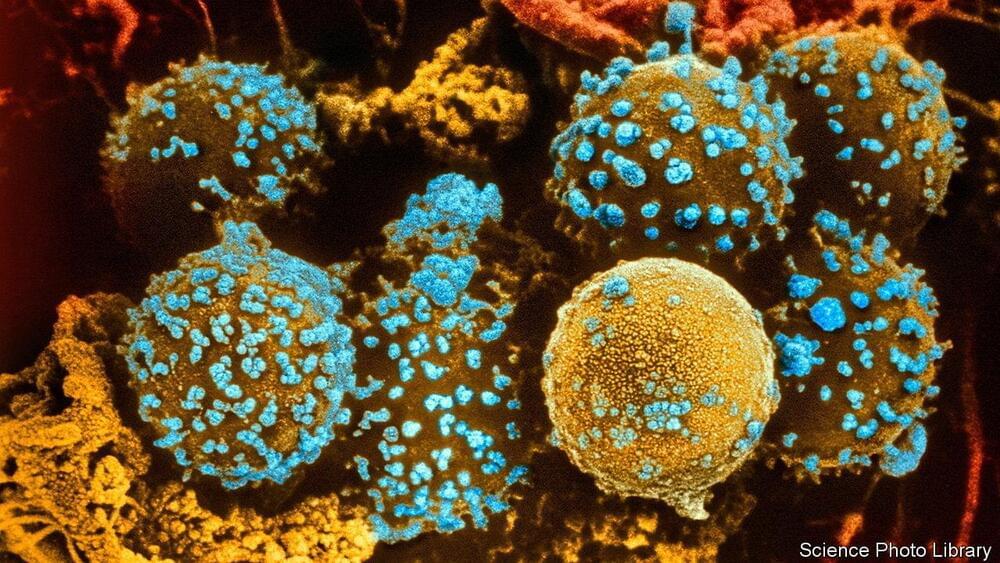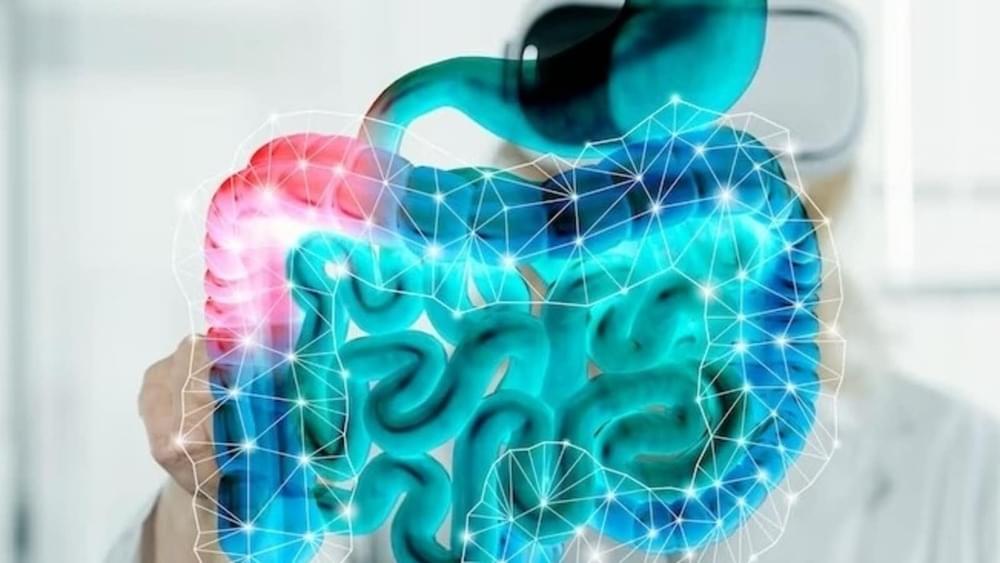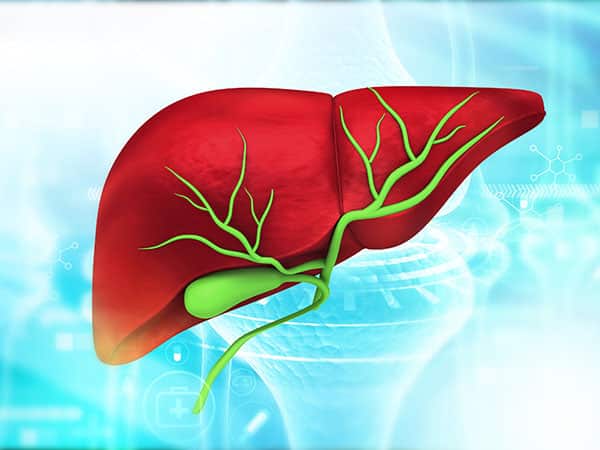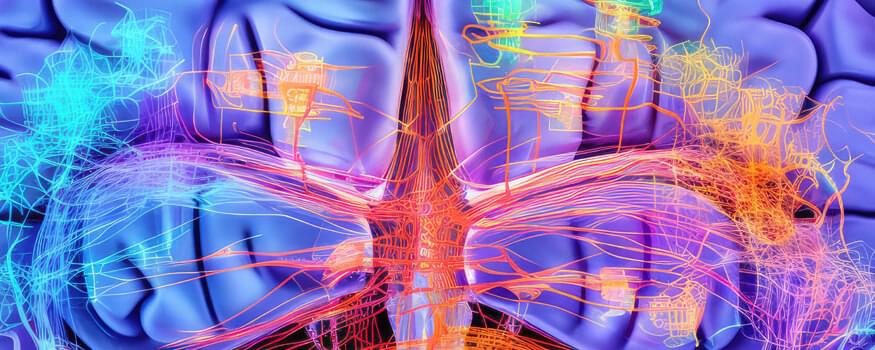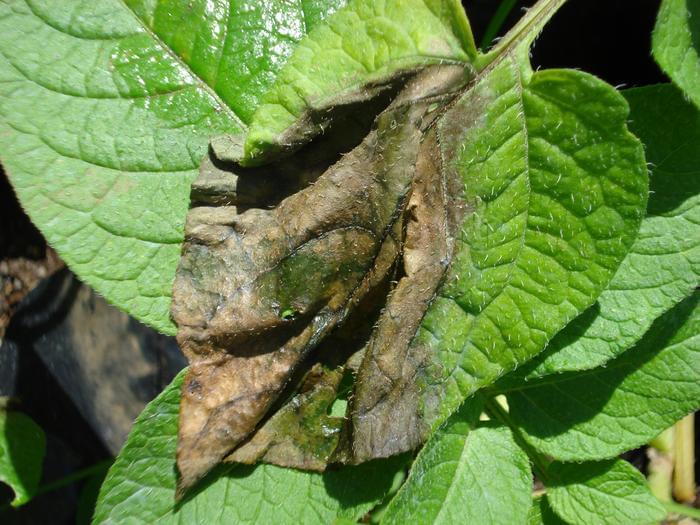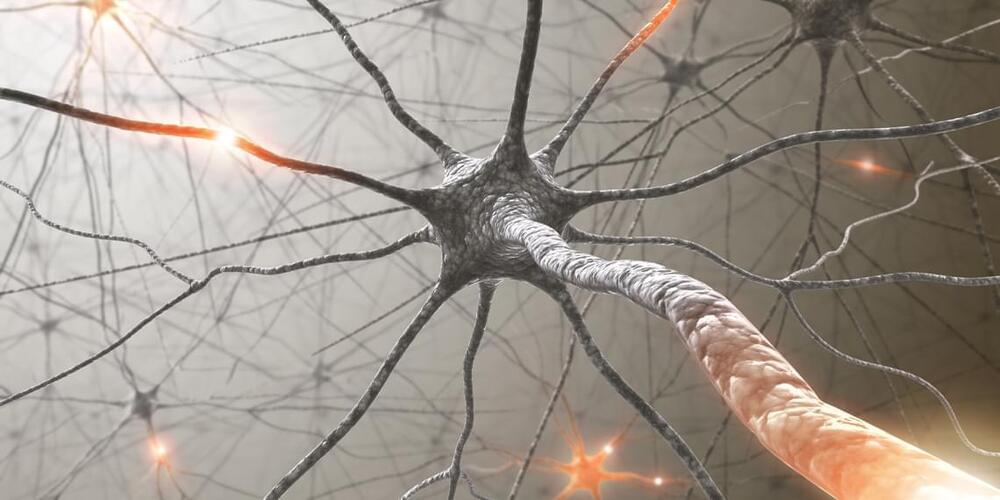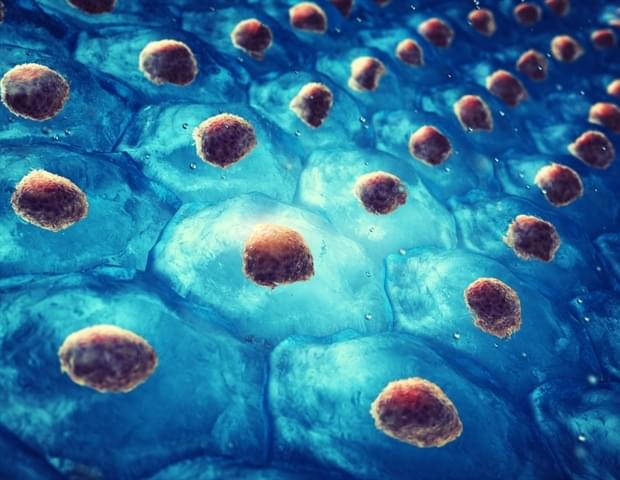According to a study published in the BMJ, a person’s chance of surviving cardiac arrest while receiving cardiopulmonary resuscitation (CPR) in a hospital is 22%, but that declines rapidly after only one minute to less than 1% after 39 minutes. The likelihood of leaving with no major brain damage is similar, declining from 15% after one minute of CPR to less than 1% after 32 minutes without a heartbeat.
Only around 25% of patients survive to hospital discharge after being admitted to the emergency department for cardiac arrest. This common catastrophic medical emergency with a high mortality rate is an important public health issue, affecting around 300,000 adults every year in America alone. Unfortunately, studies have shown that long resuscitation times are linked to lower odds of survival, but there are no specific recommendations on when to stop resuscitation.
This study was designed to measure the effects of CPR duration, using the largest cardiac dataset in the world, utilizing data from 348,996 adults with an average age of 67 years old who experienced an in-hospital cardiac arrest. CPR was defined as the interval between the start of compression and the first return of spontaneous circulation (ROSC) or the termination of resuscitation. The main measures of interest were survival to discharge and favorable function at discharge, defined as a brain performance score of 1 representing good cerebral performance, and 2 representing moderate cerebral disability on a 5-point scale.
